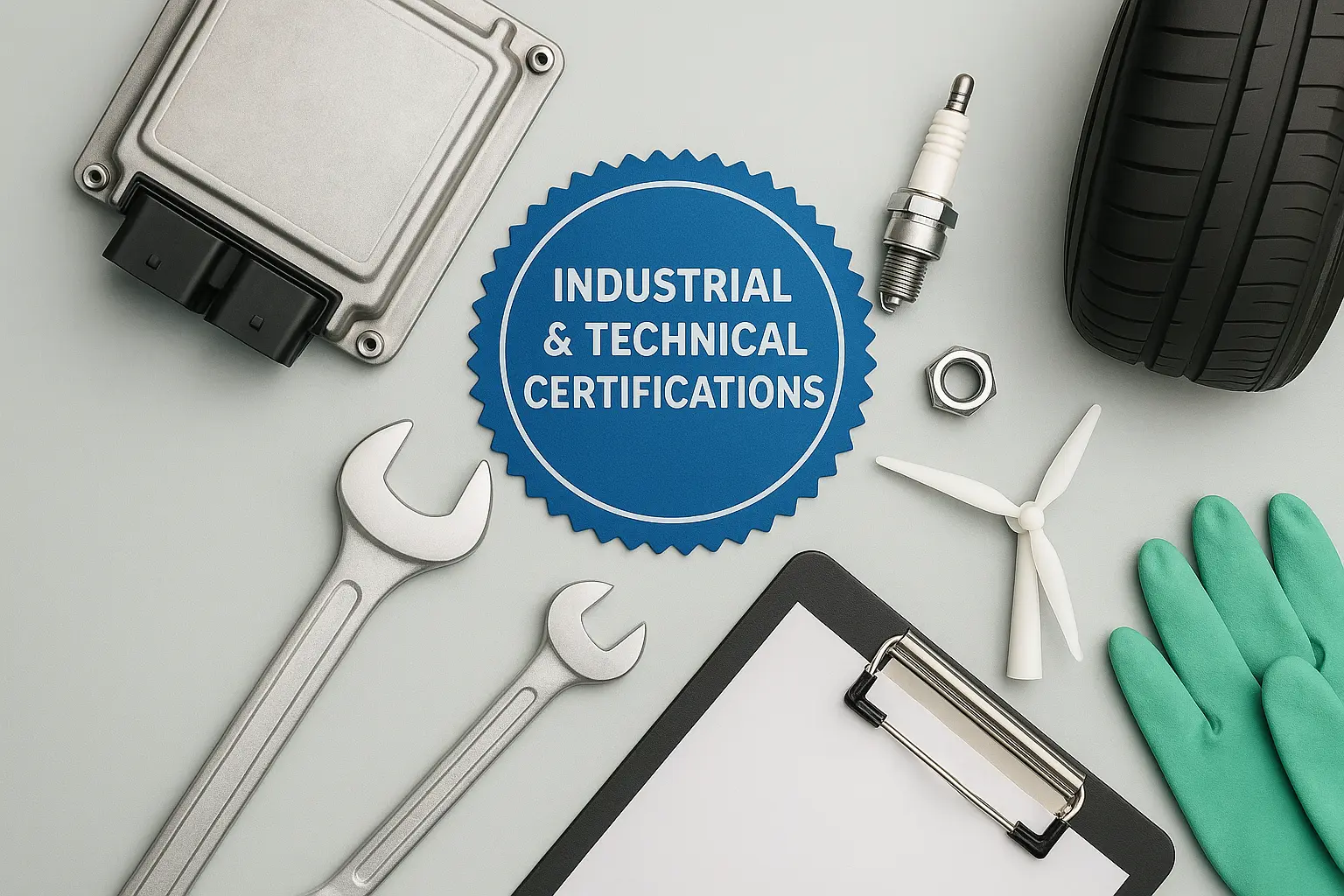EN 12953 Shell Boiler Certification
The EN 12953 standard provides detailed specifications and requirements for the design, manufacturing, testing, installation, commissioning, operation, and maintenance of shell boilers. Shell boilers are a type of pressure vessel that use a shell structure with a flat or cylindrical base to contain water and steam.
This certification ensures that the shell boiler complies with all relevant safety regulations and performance standards set forth in EN 12953. The process involves rigorous testing, inspection, and documentation to ensure safe and efficient operation of the equipment.
The certification is particularly important for industrial applications where boilers play a critical role in heating processes, power generation, and other manufacturing operations. By obtaining this certification, manufacturers can demonstrate their commitment to quality and safety, thereby gaining competitive advantages in the market.
To achieve EN 12953 Shell Boiler Certification, several key steps are involved:
- Design and Manufacturing: Ensuring that all components meet the specified requirements for materials, dimensions, and tolerances.
- Testing: Conducting various tests such as hydrostatic testing, mechanical testing, and non-destructive testing to ensure structural integrity.
- Inspection: Performing detailed inspections by qualified personnel using appropriate tools and techniques.
- Documentation: Preparing comprehensive documentation that includes design calculations, test reports, inspection records, and maintenance instructions.
The certification process is designed to provide assurance that the shell boilers meet stringent standards, thereby enhancing safety and reliability in industrial settings. This certification not only protects end-users but also ensures compliance with regulatory requirements across different regions.
Obtaining EN 12953 Shell Boiler Certification can be advantageous for manufacturers as it opens up new market opportunities and enhances brand reputation among clients who prioritize safety and quality.
The certification is applicable to various types of shell boilers used in diverse industrial sectors, including but not limited to power generation plants, refineries, chemical plants, and manufacturing facilities. By adhering to the specified standards, manufacturers can ensure that their products meet international benchmarks for safety and performance.
Applied Standards
| Standard Number | Description |
|---|---|
| EN 12953:2006 | Specification for the design, construction, inspection and testing of shell boilers. |
| ISO 9001:2015 | International standard for quality management systems. |
Customer Impact and Satisfaction
- Enhanced safety and reliability of shell boilers in industrial applications.
- Increased confidence among end-users regarding the quality and performance of certified products.
- Better alignment with international regulatory requirements, ensuring compliance across different jurisdictions.
- Potential reduction in operational costs due to improved efficiency and longevity of certified equipment.
Environmental and Sustainability Contributions
The EN 12953 Shell Boiler Certification plays a crucial role in promoting sustainable practices within the industrial sector by ensuring that shell boilers operate efficiently. Efficient operation leads to reduced fuel consumption, lower emissions, and decreased environmental impact.
By adhering to strict standards for design, construction, inspection, and testing, manufacturers can produce boilers that contribute positively to sustainability goals. These boilers are designed to minimize waste generation during their lifecycle, from manufacturing to decommissioning.
The certification also encourages the use of renewable energy sources where feasible, further enhancing the environmental benefits of industrial operations. This commitment to sustainability not only supports long-term operational efficiency but also contributes to global efforts towards reducing carbon footprints and promoting cleaner technologies.





